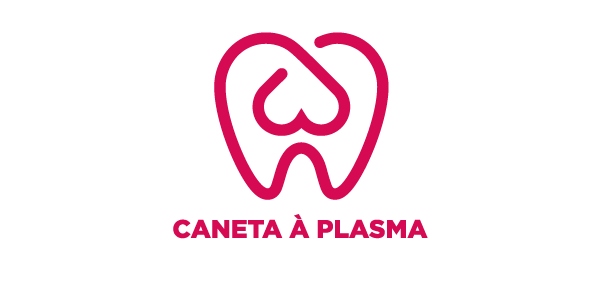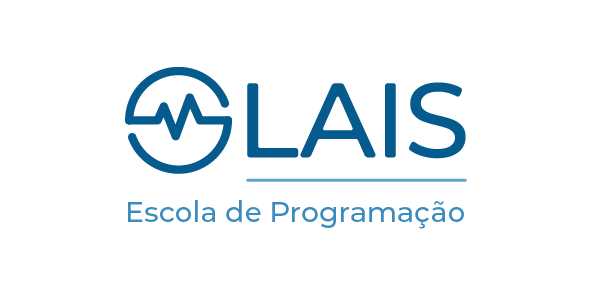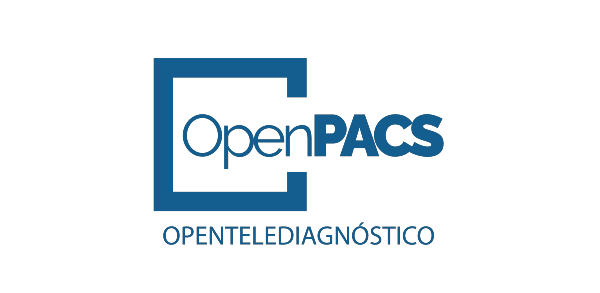| The Evidence-Based Health Portal is an electronic library with specific content for health professionals and students, which aims to enable on-demand scientific research in various sources of information, such as databases with content on evidence-based health and in journals, books, and publications. For professionals, access is defined by their link to the respective Professional Council.
Access to content is available to health professionals and students. Regarding the professionals, access is defined by their Professional Council affiliation. Thus, 14 health areas have access to the databases: Biology, Biomedicine, Physical Education, Nursing, Pharmacy, Physiotherapy and Occupational Therapy, Speech Therapy, Medicine, Veterinary Medicine, Nutrition, Dentistry, Psychology, and Social Work. The initiative was taken by the Work and Health Education Management Secretariat (SGTES) of the Ministry of Health, in partnership with the Coordination for the Improvement of Higher Education Personnel (CAPES/MEC), and and developed by the Laboratory for Technological Innovation in Health (LAIS/HUOL/UFRN). |
The portal is a Ministry of Health action aimed at the professional qualification of SUS workers.
It provides quick and easy access to content and scientifically reviewed evidence through evidence-based clinical protocols, including written documents, photos, and videos.
Provides information and knowledge needed to answer some of the key questions faced by health professionals, whether in clinical practice or in work management.

Idealizar e desenvolver uma Caneta à Plasma para remoção de cáries dentárias.

O projeto forma pesquisadores para desenvolver sistemas para o LAIS e para a Rede de Saúde Pública.

Web system for remote query of medical imaging exams stored in an image bank (PACS).